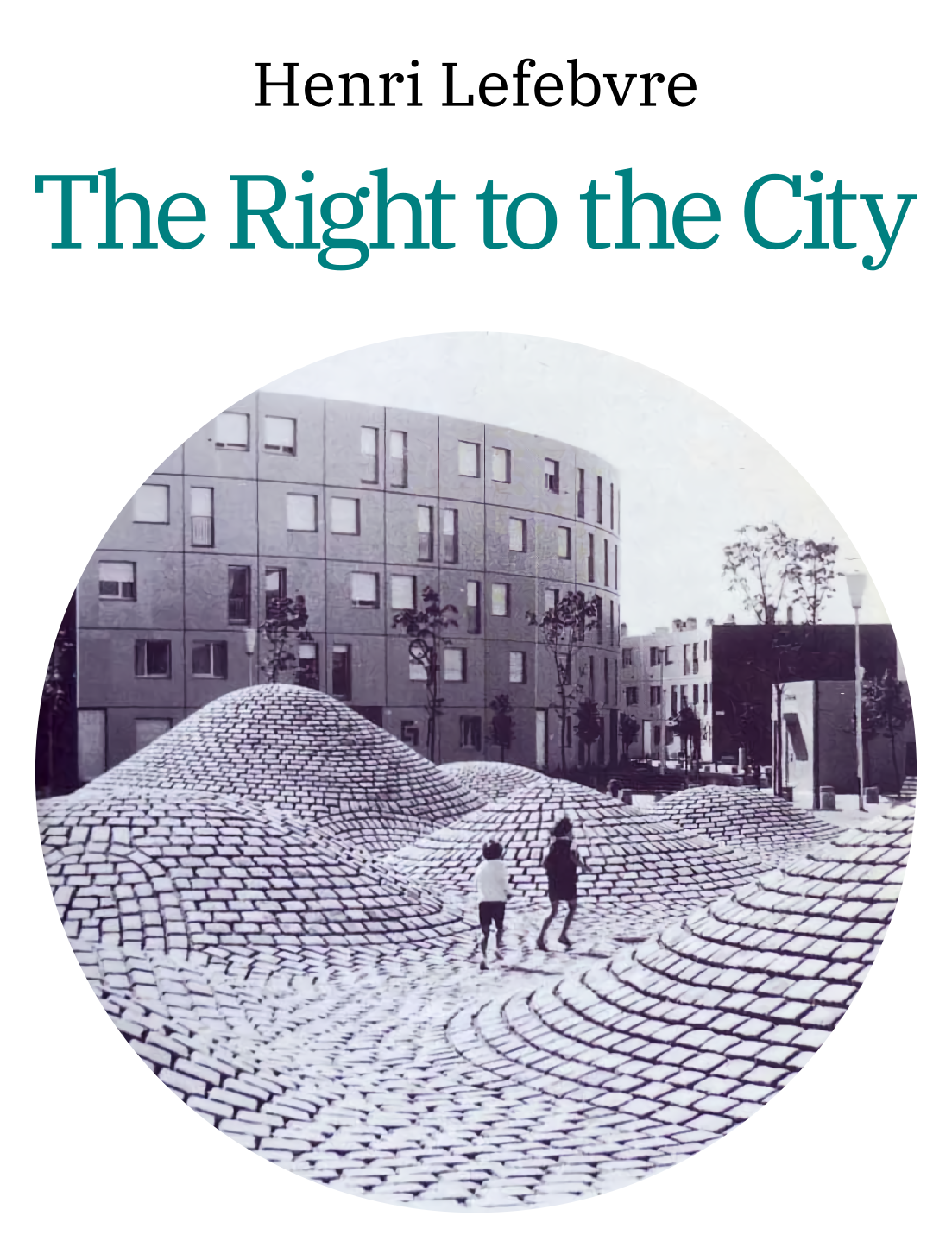The Right to the City vs Nature
Henri Lefebvre, a French Marxist philosopher and sociologist, introduced the concept of the "right to the city". Henri Lefebvre's definition of rights was grounded in his Marxist analysis of social relations and power structures. He argued that rights are not inherent or natural, but are instead socially constructed and dependent on the specific historical and political context in which they are asserted. For Lefebvre, rights are not static or fixed, but are constantly contested and renegotiated through struggles for power and social change. He believed that the assertion of rights is a political act that requires collective action and mobilization.
Henri Lefebvre's concept of the right to the city was not just about access to physical space, but also about the ability of people to shape and influence the processes that govern urban development. He saw the city as a social and political space that was shaped by the actions and interactions of its inhabitants. Lefebvre believed that the right to the city was a fundamental right that was necessary for democratic participation and social justice. For Lefebvre, the right to the city was not just a legal or political claim, but a transformed and renewed right to urban life that required a radical reimagining of the social, economic, and political structures that shape our urban environments.
Henri Lefebvre did not directly address the concept of the right to nature in his work, but some have criticized his emphasis on the right to the city as neglecting the importance of access to natural spaces within urban environments. In response, some have argued that the right to nature can be seen as the "ghetto of leisure pursuits," or a way for affluent individuals to escape the urban environment and enjoy the benefits of nature while leaving the majority of the population to deal with the negative effects of urbanization. This criticism suggests that the right to nature may not address the underlying social and economic structures that create unequal access to resources and opportunities in urban environments.
I think that economic growth and individual rights are important. I don't quite agree that individuals try to escape the urban environment to enjoy the benefits of nature and leave urbanization to the rest of the population. As discussed and debated in class, I think there are certain morals and values that people have such as raising a family in a safe environment and best for their family, but that doesn't mean people are trying to spill their problems on the rest of the population. I think community participation, collective decision making, and preservation of nature is still very important and people also value that because in the end, it will become an individual problem.



Interesting assessment Maura; one thing that I believe people have also failed to assess is the economic decisions behind these cycles of gentrification and abandonment. Over time as the cities became more populated and desirable, their values and costs increased - so people decided to live further out in places where cheaper land and living was possible. This cycle of desirability switches back and forth as one becomes more expensive than the other, ultimately consolidating wealth and poverty in specific areas.
ReplyDelete